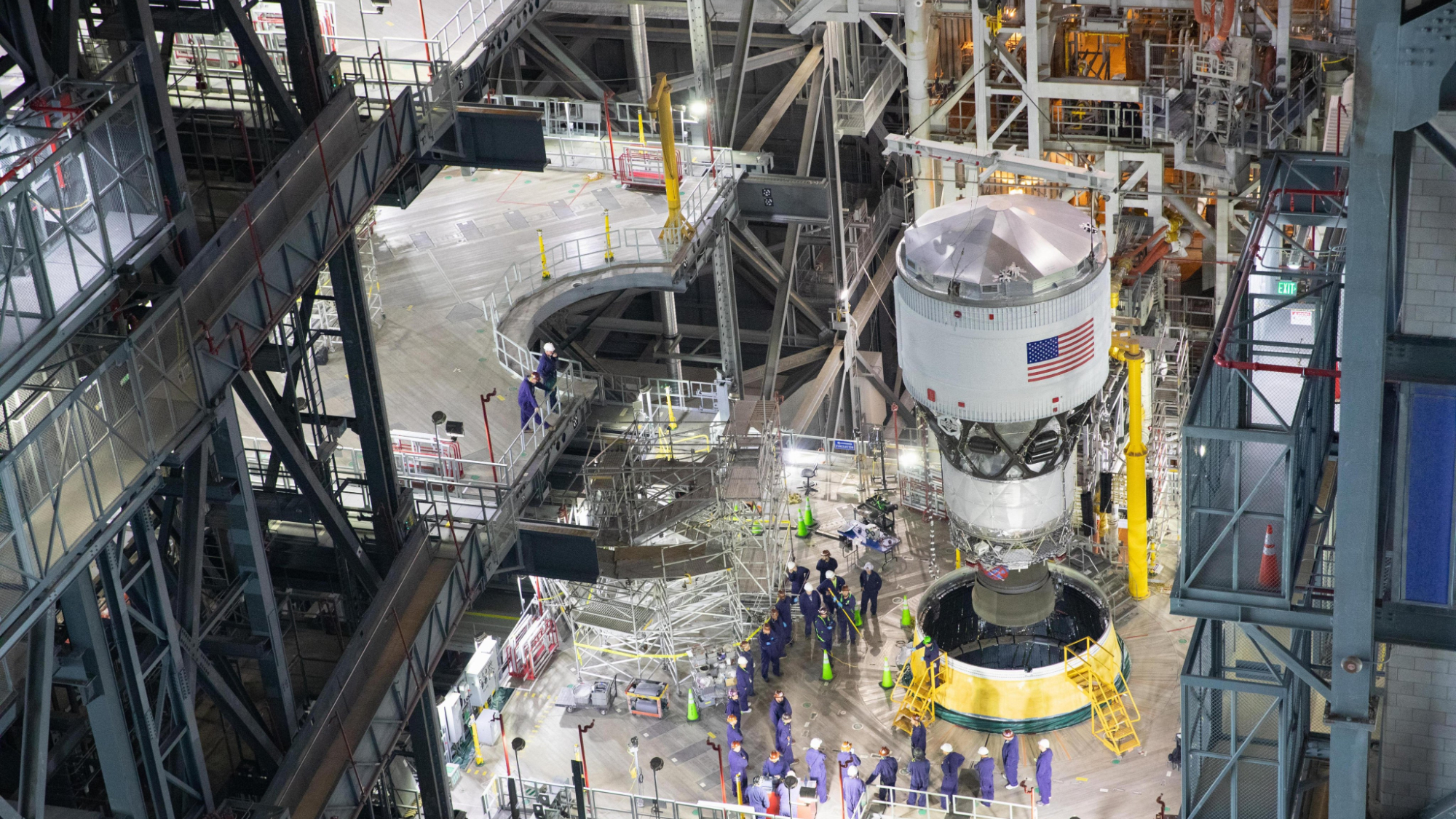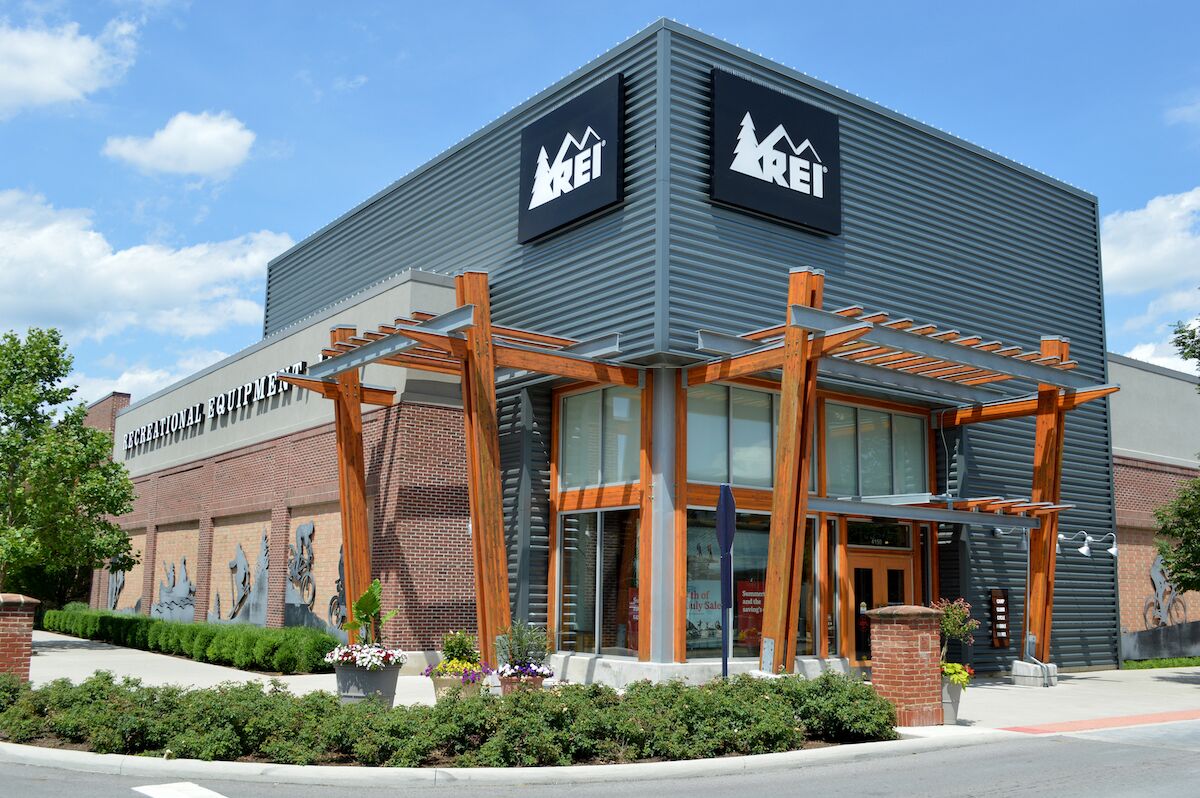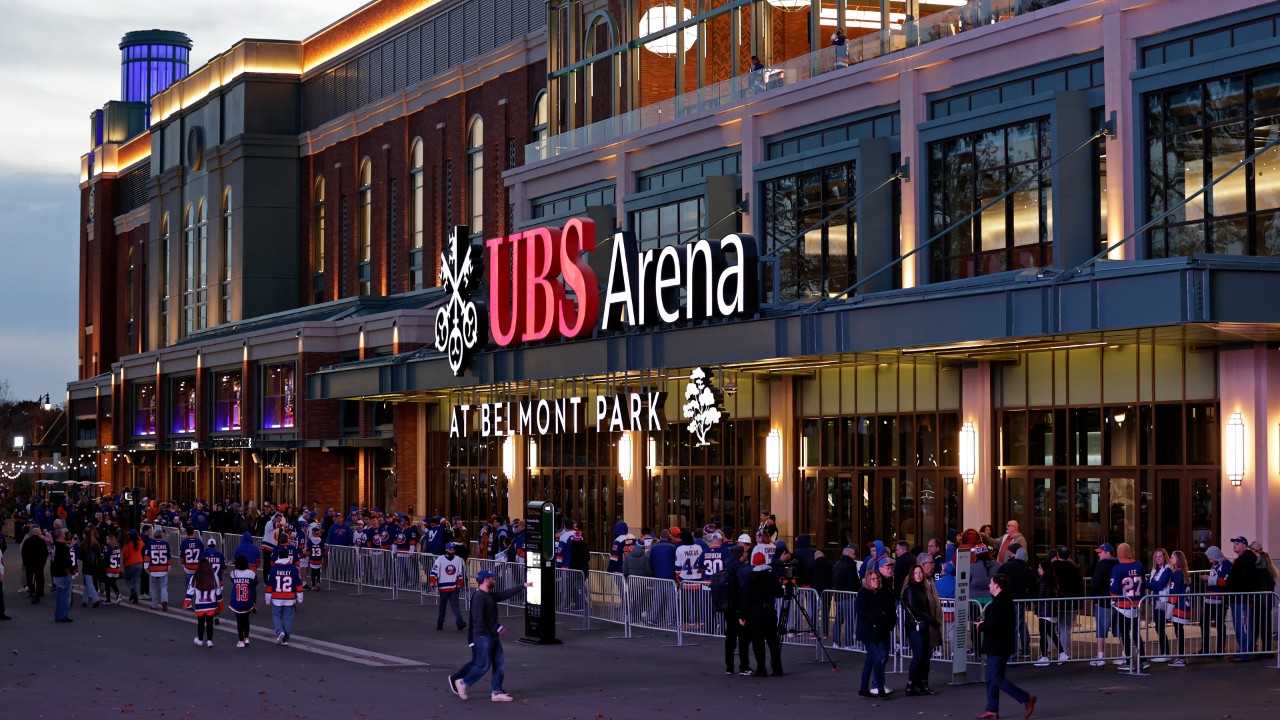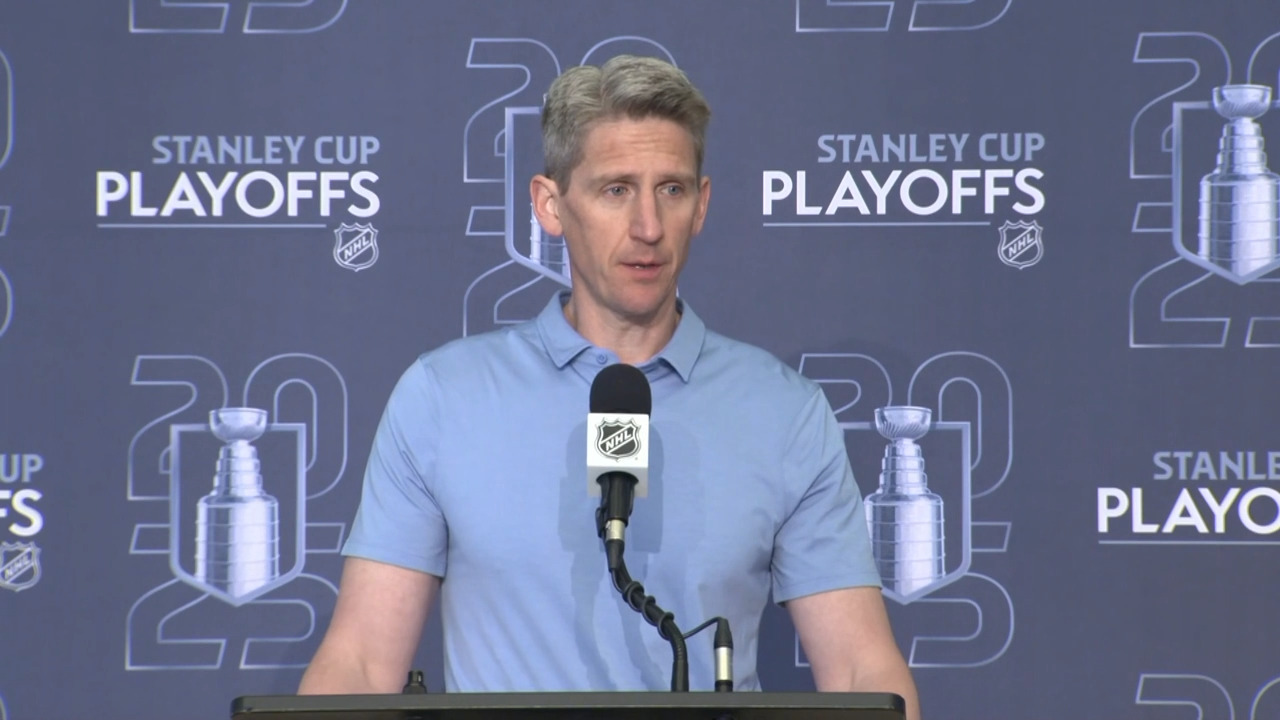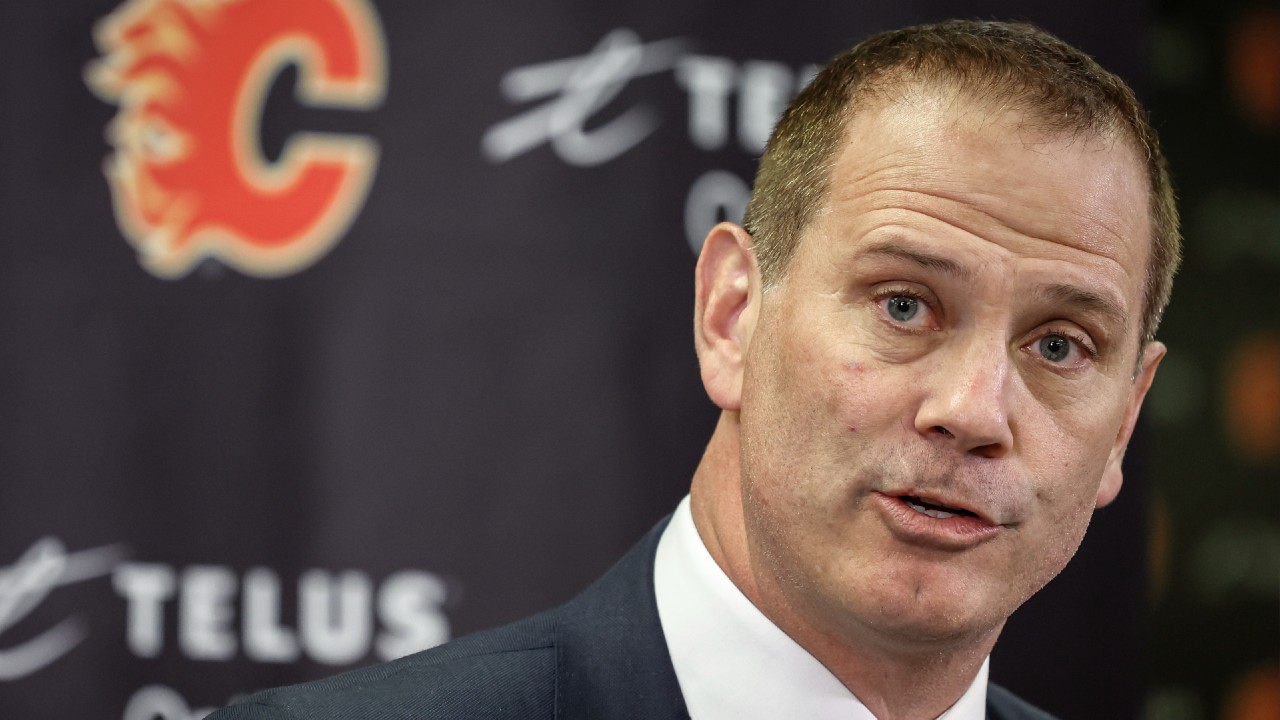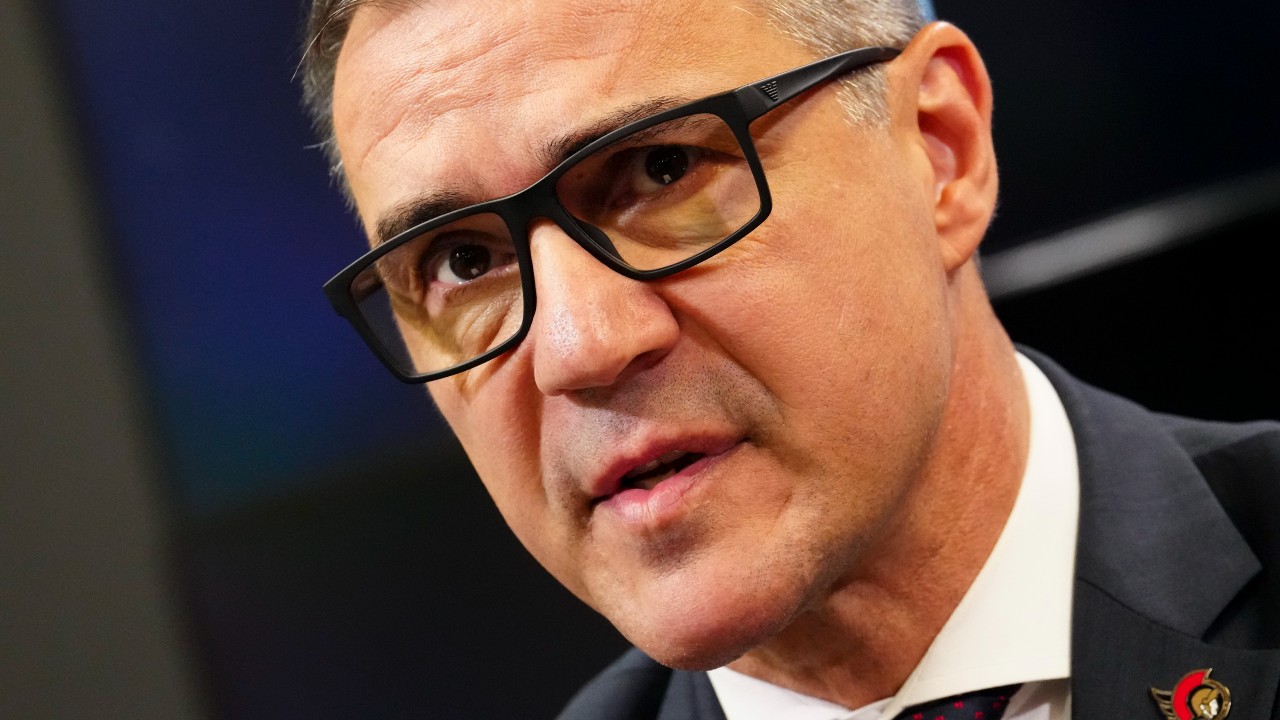Americans are feeling stuck in their jobs — and it's about to get even worse
Thanks to Trump's tariffs, some of your coworkers may soon be grouchier than ever.
Tyler Le/BI
In 2023, Kathleen, a sales manager at a software company, was given terrible news at work: She had to lay off her entire team. Her own job was spared, but surviving the bloodbath didn't leave her feeling relieved. "I felt like a traitor," she recalls. "I kept thinking, Oh, God, am I next?" After living in dread for months, she started looking for a new job.
A year and a half later, she's still looking. Virtually no one has been hiring across tech, and the few jobs she's found were offering salaries far below what she's looking to earn. And now, as Donald Trump's tariffs have thrown the economy into turmoil and uncertainty, she fears it will take even longer to move on from her employer. That means she has to keep going to work, day after day, to a job she no longer wants to do. She feels herself getting more and more bitter — and she admits she's become pretty checked out on the job. "I'm just over it," she says.
Much attention has been paid to the fear that Trump's trade war will stoke inflation. But his on-again, off-again tariffs are already having another, more immediate effect: They're discouraging employers from hiring. White-collar professionals like Kathleen are finding themselves stuck in jobs they've been trying to leave for years, creating a simmering brew of pent-up frustration and low morale. Last year, employee engagement dropped to its lowest level in a decade — and the chaos created by Trump's tariffs could soon make the mounting dissatisfaction even worse.
"People are increasingly grumpy because they can't change jobs," says Guy Berger, the director of economic research at the Burning Glass Institute. "Even in a relatively optimistic case, this could go on for a while."
An unmotivated workforce isn't just bad for workers — it's bad for their employers. Studies have shown that employee disengagement results in lower sales, higher customer dissatisfaction, and smaller profits. Gallup estimates that low engagement is already costing businesses trillions of dollars worldwide — a bill that's likely to climb as more and more employees sour on jobs they're unable to leave.
What's more, an extended standstill can choke off economic growth. A healthy job market needs a certain amount of churn to move workers into jobs that make better use of their talents. Otherwise people get stuck in jobs they've outgrown, earning lower wages than their experience and skills merit. A job market that's frozen in place can slow economic growth for years to come.
Ever since the pandemic, when layoffs hit the fastest pace since the Great Depression, companies have struggled to stabilize their staffing levels. Economists have been calling the current hiring standstill the Big Stay. Late last year, that appeared to be coming to an end as a growing share of employers reported that they were preparing to hire more workers. But ever since Trump took office, it has started to look like the Big Stay could become the Endless Stay. "Firms that were planning on expanding are putting those expansion plans on ice," says Berger. "Some baseline level of uncertainty is now semipermanently in the mix. A lot of things that people thought were previously outside the realm of reality have suddenly become big risks."
A customer support manager I'll call Dean started looking for a new job seven months ago. He realized that he'd hit a ceiling at the tech company he works for, and he was eager for a new challenge. "I know I'm being underutilized," he says. "I don't want my skills to get rusty." Late last year, he was starting to feel optimistic he would land something soon. But now he's worried his search could stretch out a lot longer — perhaps through Trump's entire presidency.
"How do I make it through this storm?" he says. "Do I sit still, or do I go back on the hunt? I can't just wait it out for this to pass. This is the new world we're in."
The economic uncertainty also means that employees who are fed up at work can't afford to quit their jobs without having another lined up. Laurie, an auditor at an energy company, has been so miserable that she has saved up what she calls a "fuck you fund" — enough money to rage-quit her job if things got really bad. The fund is big enough to tide her over for up to a year, which she thought would give her more than enough time to find a new job. But not anymore. "I'm afraid the economy is turning to shit right now," she says. "Realistically, if you leave now, you could very possibly be unemployed for more than a year."
All this prolonged unhappiness doesn't just affect the employees who feel stuck in their jobs — it makes the office unpleasant for everyone. People can't acknowledge they're fed up with work, but their unspoken frustration comes out in other ways. "My tolerance level for bullshit is so low now," Laurie says. "My patience is wearing thin." Kathleen, who used to pride herself on her positivity, worries that her resentment is starting to seep through. "I just have a shorter fuse," she says. "I used to be happy to put in the extra mile. And I'm just not willing to do that anymore." It's like the office version of being in an unhappy marriage. If your coworkers feel trapped, it's hard for anyone to enjoy themselves.
Companies, of course, aren't powerless in a frozen job market. As the Big Stay threatens to turn into the Endless Stay, some employers can opt to shake things up — effectively forcing some churn into the labor market by firing old employees to make room to hire new ones. Companies like Meta and Microsoft appear to be doing exactly that, pushing out those they deem to be "low performers" while simultaneously going on a hiring blitz for AI engineers. Dissatisfaction at work, after all, can come from above as well as below.
But the new round of layoffs has left employees who are ready to move on feeling even more trapped. Having no job, they know, is way worse than being stuck in a mediocre one. Kathleen, the sales manager, has seen what it's like for her friends who are unemployed. She knows she's lucky to be earning enough money to pay her mortgage and send her kids to summer camp, even if she doesn't love doing the job that earns her that money.
Some people might be fine with that — treating a job as just a job — but Kathleen has always been an overachiever. She loves putting everything she has into work. She misses feeling that drive, and she knows she'll feel it again once she's in the right job. And that, in a nutshell, is the ultimate price we're paying for the Endless Stay. With everyone stuck in place, we're unable to tap into the kind of enthusiasm that inspires everyone to bring their best selves to their jobs, and to give it their all. Maybe a lot of low performers are just performers who are feeling low.
"I want to put the work in," Kathleen says. "I want to do all the stuff. It's been a long time since I've felt that kind of fire. I'm starting to wonder if it will ever get better."
Aki Ito is a chief correspondent at Business Insider.

































